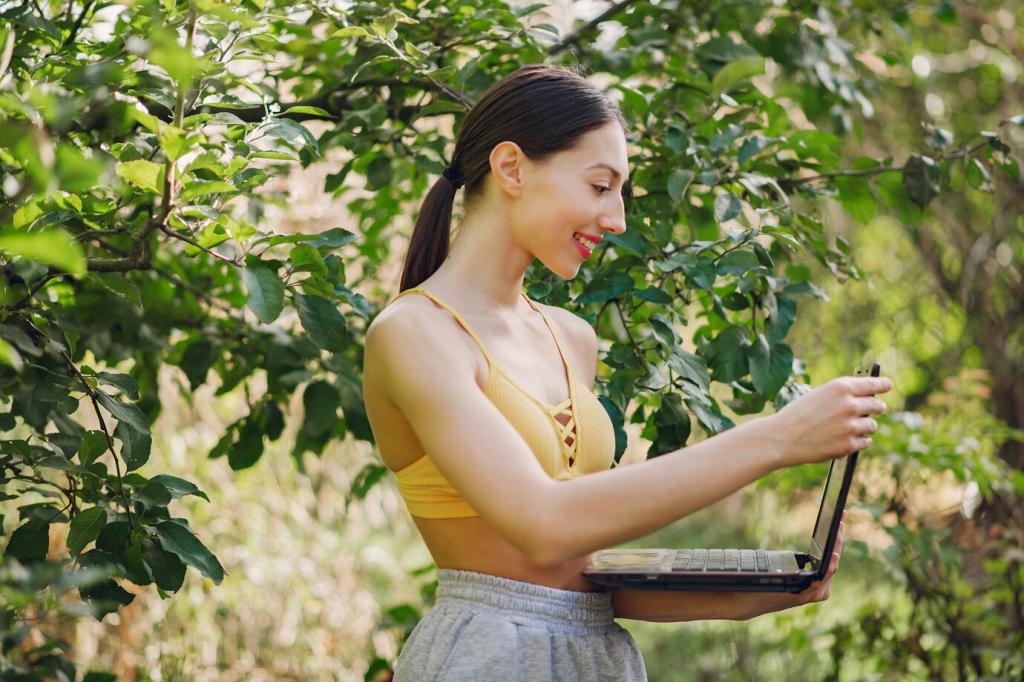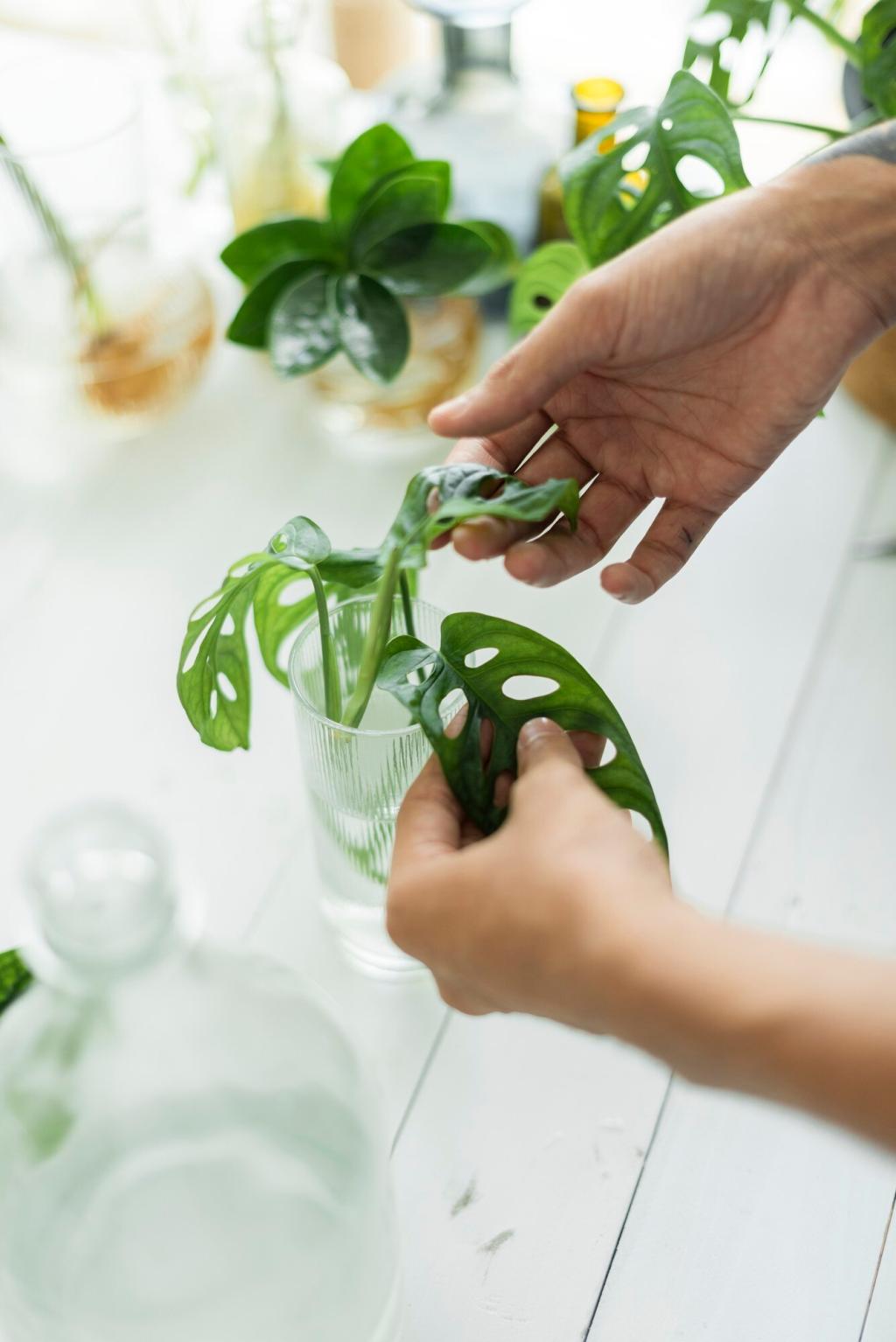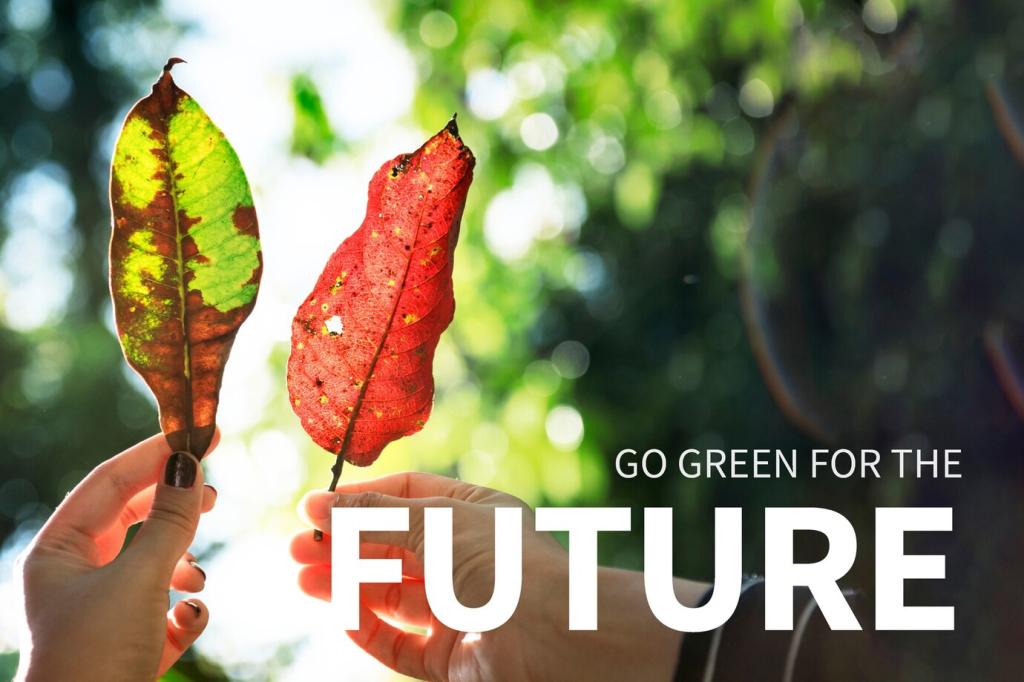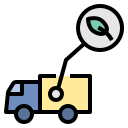
Steps to Start Your Plastic-Free Journey
Embarking on a plastic-free journey is a meaningful decision that benefits both the environment and your personal well-being. It involves conscious efforts to reduce dependence on single-use plastics and adopt more sustainable habits. Although the transition might seem daunting at first, breaking down the process into manageable steps helps create a lasting, positive impact. By making informed choices and gradually incorporating plastic-free alternatives into your daily routine, you can contribute to a cleaner planet and inspire others to follow your lead.
Identify Major Sources of Plastic Waste
Begin by examining your home, workspace, and daily routines to pinpoint where plastic accumulates most. Pay attention to food packaging, personal care products, cleaning supplies, and shopping habits. Notice if your trash bins fill quickly with plastic wrappers, bottles, or bags. Rather than judging these findings, use them to inform your next steps. This process often reveals hidden plastics that are easy to overlook, such as single-use packaging or disposable household items. Keeping a brief diary for a week can shed light on recurring items and highlight unexpected plastic dependencies. By being mindful of these sources, you’re better equipped to focus your efforts and measure your progress over time.
Track Your Daily Plastic Consumption
After identifying the main types of plastic entering your life, dedicate some time to track exactly how often you use them each day. This could mean monitoring your use of takeaway containers, plastic straws, food wrap, or bottled beverages. Recording these daily habits provides clarity and accountability. Many find that seeing their consumption patterns written down is eye-opening, motivating them to seek alternatives sooner. You might notice specific scenarios—such as lunch breaks or grocery trips—where plastic use is highest. This awareness allows you to anticipate situations where avoiding plastic will require some planning, paving the way for more sustainable habits.
Spot Single-Use Items in Your Routine
Single-use plastics are some of the easiest, yet most impactful materials to replace. Take inventory of throwaway items you rely on, like plastic cutlery, water bottles, snack wrappers, or carrier bags. Acknowledging these disposable items provides a clear starting point for change. These quick-use plastics often account for most household waste and have readily available alternatives. Recognizing their prevalence in your lifestyle not only makes you mindful of their environmental impact, but also encourages you to make swaps that add up over time. With this knowledge, you can prioritize which single-use plastics to eliminate or substitute first.
Adopt Practical Swaps and Alternatives
The cornerstone of your plastic-free journey is the shift from disposable products to reusable alternatives. Options like stainless steel water bottles, cloth shopping bags, and glass containers are readily available and durable. By keeping these items on hand, you reduce the need for one-time-use plastics during your daily activities. Not only do reusable products minimize waste, but they also save money in the long run. Gradually incorporating these items into your daily habits helps normalize a sustainable lifestyle, making it second nature. You’ll likely discover that reusables are more practical, aesthetically pleasing, and satisfying to use, further reinforcing your commitment to change.

Planning ahead is essential for minimizing unexpected encounters with single-use plastic. Before heading out, pack a reusable water bottle, coffee cup, utensils, or shopping bag. Anticipating situations—like spontaneous shopping errands or lunch on-the-go—prepares you to avoid the temptation of convenience plastics. Simple steps, like keeping a set of reusables in your car or bag, make it easier to stick to your plastic-free goals. Preparation ensures you’re never caught off guard and helps reinforce your commitment through consistent action. Over time, these proactive choices create new, sustainable habits that shape your daily life.

Join our mailing list
